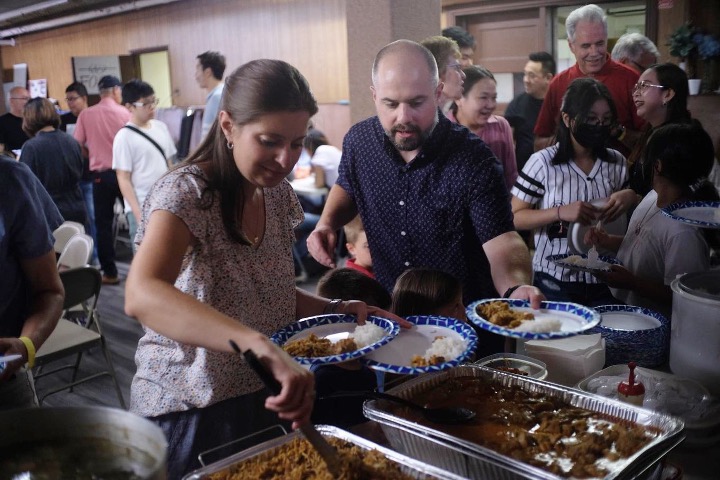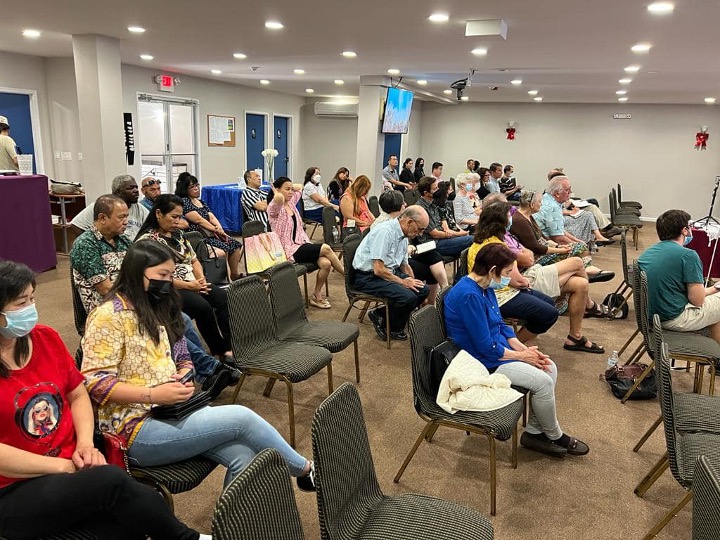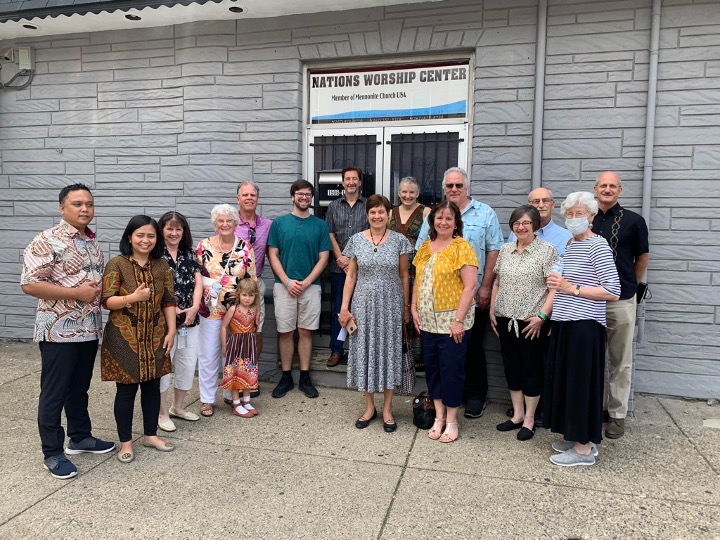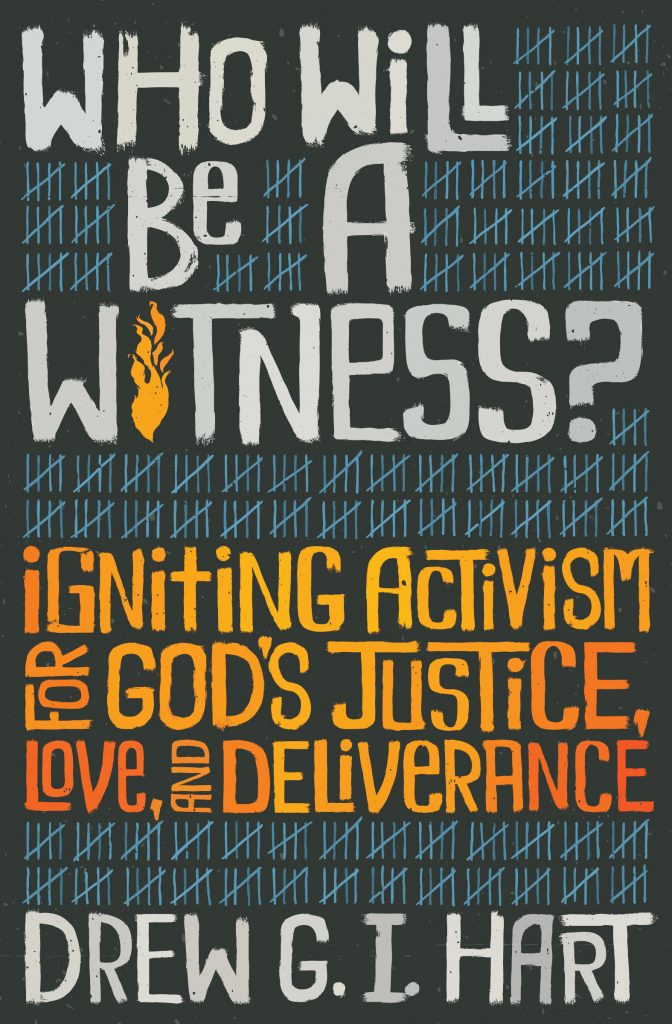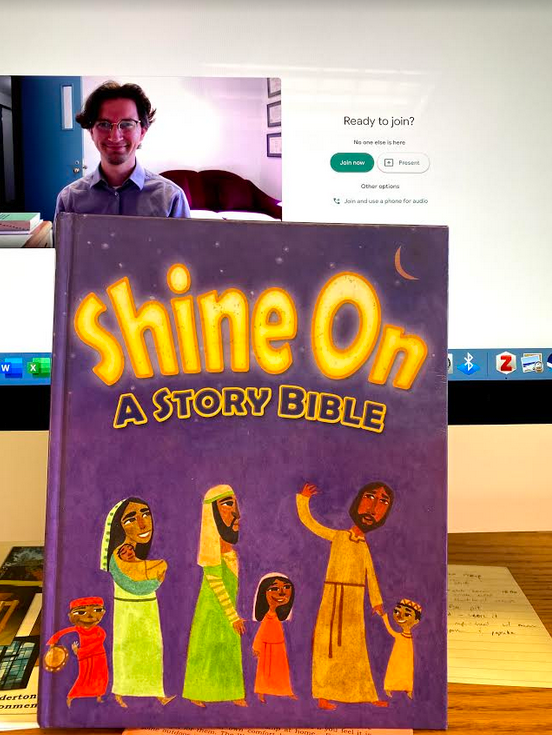by Jordan Luther
On Monday, the US will celebrate Martin Luther King Jr. Day. It is a federal holiday that honors the life and legacy of one of the great Christian pastors, orators, and civil rights icons in US history.
If you are like me and were born after 1986, MLK Day has always been a federal holiday. My earliest lessons of Martin Luther King Jr. were about how Dr. King was a man who advocated for equality among the races. Soundbites from his famous “I Have a Dream” speech were often read in class and commented on to paint the picture of a nice, Black man who longs for everyone to get along. I have since learned that there is more confrontational fire to Martin Luther King Jr. than our nation likes to remember.
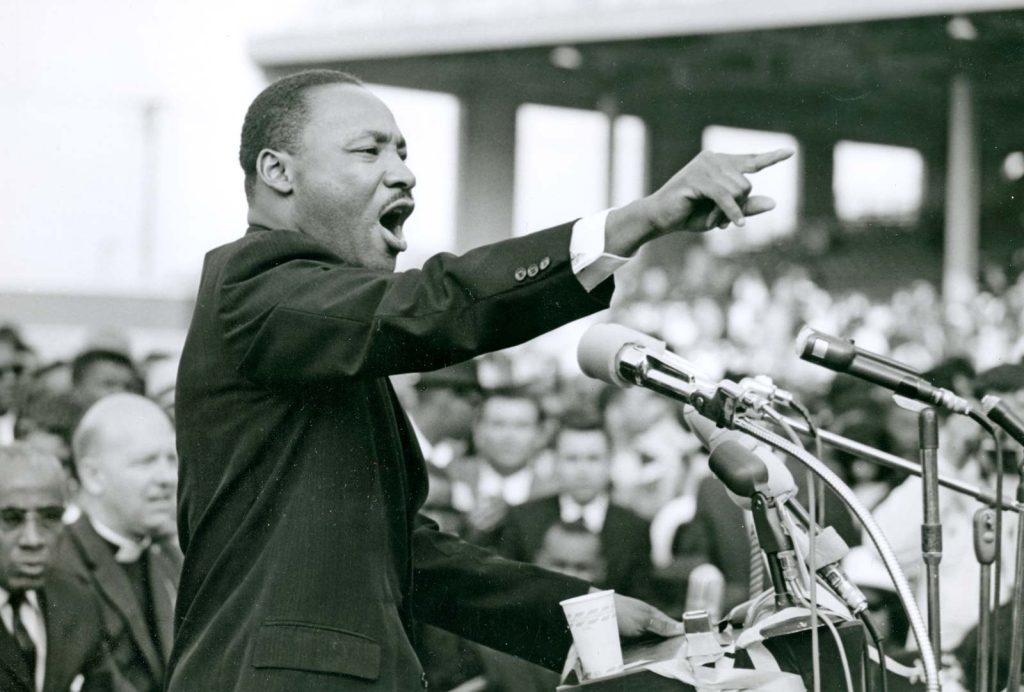
In a 2014 chapel sermon, Eastern Mennonite Seminary professor David Evans called the popular public narrative around Dr. King as a “domesticated King.” Sometimes we memorialize prophets as a way to smooth out their rough edges that make the status quo feel uncomfortable. As a historian, Evans reminds us that up until his death, Dr. King had a knack for confronting oppressive powers and making enemies.
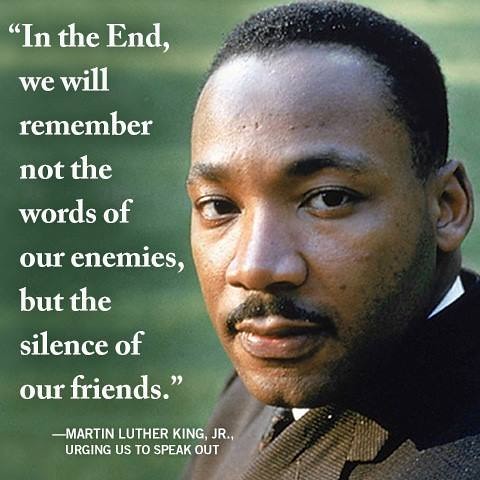
Dr. King made many enemies in his lifetime. He was critical of racial segregation in the Jim Crow South and the subject of hatred for segregationist politicians and White mobs. He also was an enemy of the rich for fighting for jobs and fair pay for low-wage workers. Dr. King was an outspoken critic of the Vietnam War and militarism. King made many enemies because he tirelessly made the nation uncomfortable in his pursuit of justice.
It is well documented through King’s sermons and books that he experienced anger. He regularly called himself “discontent” and expressed his anger at both the powers of government and the church.
Perhaps King’s anger was no more apparent than with the White church and its leadership. Much of King’s frustration with the White church came from its lack of support during the Birmingham boycotts. King had hoped the White church and its leadership would show moral outrage and speak out against the city’s Jim Crow policies. King was hoping to receive love and solidarity from his fellow Christians. Instead, King and other organizers from the Southern Christian Leadership Conference were met with rebuke and scolded for spending time in jail and asked to “wait” for their freedom to come eventually.
Martin Luther King’s life reminds us that sometimes the hardest enemies to love are the folks with whom we share the most in common. It angered Dr. King that White Christians were turning a blind eye towards the injustice of their Black neighbors—many of whom were also Christian. In King’s famous “Letter from a Birmingham Jail,” King implored these White church leaders to see social issues as integrated concerns for the gospel. King worried that if the church fails to practice the “sacrificial spirit of the early church, it will lose its authenticity…and be dismissed as an irrelevant social club.”
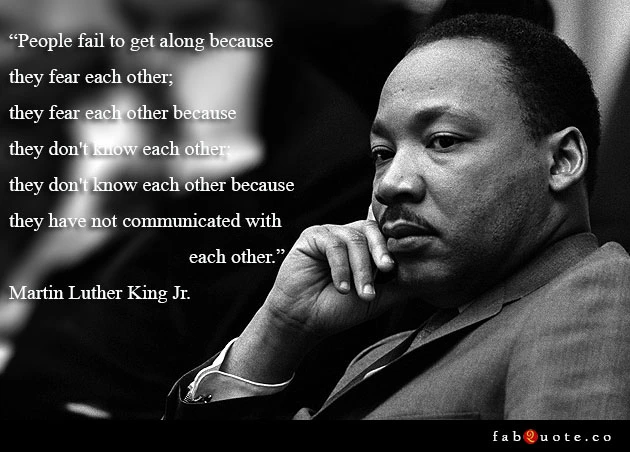
So on this upcoming MLK Day, we would be wise not to smooth out the rough edges of his prophetic voice. May King’s holy discontentment invite us to challenge the status quo and seek transformation through Jesus Christ.

Jordan Luther
Jordan Luther is a member at Methacton Mennonite Church in Worcester, PA. He volunteers with the Mosaic Intercultural Committee and leads the committee’s White Caucus. Jordan lives in Souderton, PA with his wife Sarah and their daughter.

